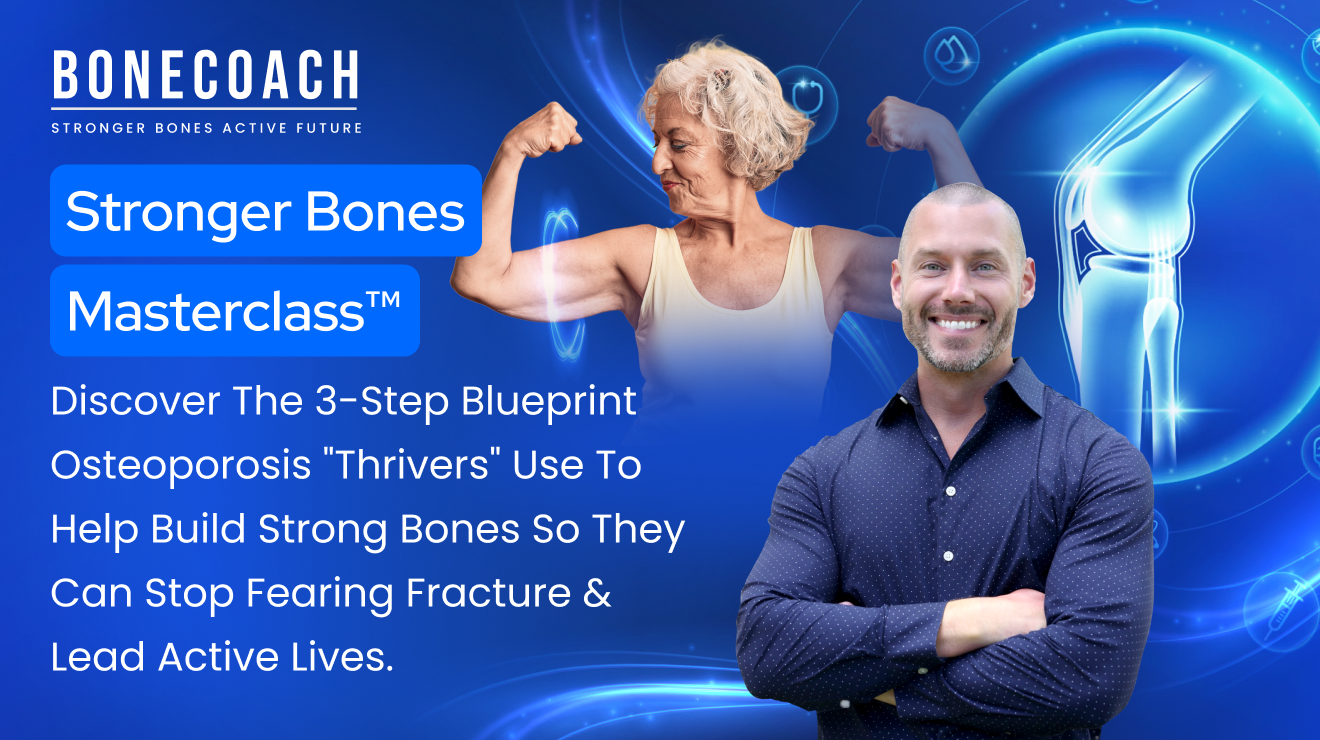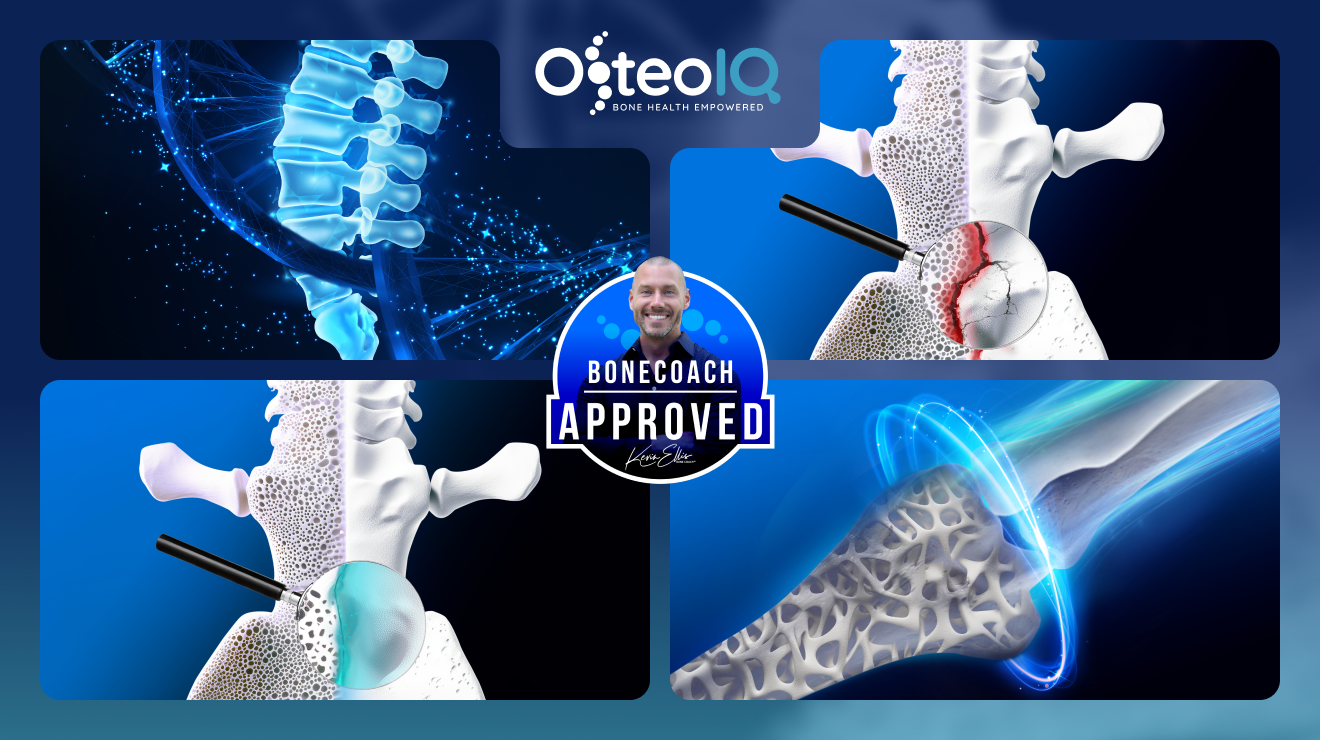- 3:57 Who is Dr. Deva Boone?
- 6:30 Parathyroid glands. What they are. How they work.
- 8:10 The distinct types of hyperparathyroidism. Primary hyperparathyroidism vs. Secondary hyperparathyroidism.
- 10:10 Calcium and the body
- 11:13 How to identify if you have hyperparathyroidism
- 13:15 You can have a normal PTH and high calcium and have hyperparathyroidism
- 14:28 You can have labs within the “normal” reference ranges but you may still need a second opinion
- 16:12 Low vitamin D levels. Most parathyroid patients have this. Low Vitamin D with high blood calcium is often times a parathyroid problem.
- 19:24 Parathyroid hormone (PTH) stimulates the conversion of inactive Vitamin D (25hydroxyvitamin D) to active Vitamin D (1,25-dihydroxyvitamin D).
- 19:49 If your blood calcium is high, and vitamin D is low, don’t take more vitamin D. Check your PTH first and rule out hyperparathyroidism.
- 20:30 High calcium and high PTH indicates parathyroid disease.
- 21:18 Parathyroid hormone (PTH) levels explained.
- 22:15 The diagnosis is based on labs and not imaging studies
- 23:27 What imaging is used for identifying parathyroid tumors. Sestamibi scan, CT scan, ultrasound explained.
- 25:32 You find out you have parathyroid disease. What are your next steps? What does the process look like?
- 26:46 When will I feel better post surgery? What changes will you notice?
- 28:17 Commonly asked questions or concerns from parathyroid patients. Distal forearm DEXA. Your bones can rebuild after removing a parathyroid tumor.
- 30:48 If you let it go untreated, it can lead to bone loss.
- 31:44 Symptoms of hyperparathyroidism (tired, brain fog, poor sleep)
- 33:47 How you can get in touch with Dr. Deva Boone and the Norman Parathyroid Center (see resources section of show notes as well)
- 35:12 Forteo, Tymlos and high calcium.
Intro & Outro Transcript:
This interview on hyperparathyroidism and osteoporosis is with Dr. Deva Boone, Medical Director of the Norman Parathyroid Center in Tampa, FL.
Dr. Deva Boone is a parathyroid surgeon and the Medical Director at the Norman Parathyroid Center in Tampa, FL.
After obtaining her medical degree from Cornell University, she completed general surgery residency at St. Luke’s Roosevelt Hospital in New York City.
While there, she received several awards for research, and during her final year received the highest award for outstanding contributions to surgical education and research.
After residency Dr. Boone received additional fellowship training in endocrine surgery (thyroid and parathyroid surgery) at NorthShore University in Chicago.
She joined the Norman Parathyroid Center in 2014. Many would consider her and her colleagues the worldwide leaders of parathyroid disease.
She enjoys surgical missions and has provided surgical care to patients in Nigeria, Myanmar, and the Dominican Republic.
***
In Episode #3 of the Bone Coach Podcast, I talk about osteoporosis causes.
One of the causes I touch on briefly is hyperparathyroidism.
If you're newly diagnosed with osteoporosis, or even if you've had low bone density for a long time, and you come to find out you are actively losing bone by way of bone turnover marker testing and a 24-hour urine calcium...
You'll want to figure out why.
Also, if you've had blood work done and have come to find you have elevated serum calcium (even within the normal range), normal or elevated PTH, and low Vitamin D...
You need to investigate this further.
One of the potential causes of elevated blood calcium, elevated PTH (even "normal" PTH), excessive bone breakdown, and ultimately osteoporosis, is Hyperparathyroidism.
In this episode and interview with parathyroid expert, Dr. Deva Boone, you learn all about what hyperparathyroidism is, why it's important to rule it out, and what to do if you identify that you have it.
Here's a brief summary of Hyperparathyroidism.
There are two major types of hyperparathyroidism. Primary and secondary.
Primary hyperparathyroidism is caused by a benign tumor. That's the major focus of this interview.
Secondary hyperparathyroidism is caused by low blood calcium levels and a nutritional deficiency in Vitamin D.
But let’s start with an overview of the parathyroid glands.
Parathyroid glands are four small glands located in the neck behind the thyroid. Their primary role is to control the calcium levels in our blood, in our bones, and throughout our body.
Why is that their primary role? Because calcium is one of the most important elements in our bodies. It provides electrical energy for our nervous system. It helps our muscles contract. And it provides strength to our skeleton.
You know where the majority of calcium in our bodies is stored? In our bones. We are continually putting calcium into, and taking calcium out of, our bones in small amounts...with the sole purpose of keeping our calcium levels in the blood at the correct level.
In primary hyperparathyroidism, one of these parathyroid glands go bad, the majority of the time it’s just one (about 90%), it just grows big, develops a benign tumor, and makes too much parathyroid hormone (PTH).
This excess hormone (PTH) goes to the bones, takes calcium out of the bones, and puts it in your blood.
This can lead to osteoporosis and can worsen your bone density if that benign tumor is not removed.
If you’re looking at your blood test results and you see high blood calcium (even in the higher range of “normal”), low vitamin D, AND have high parathyorid hormone (PTH) at the same time, this could be a good indicator of primary hyperparathyroidism.
If you have high parathyroid hormone, low vitamin D, and low serum calcium, this could be an indicator of secondary hyperparathyroidism and a nutritional deficiency in calcium and vitamin D.
In either case, you should consult with someone experienced with hyperparathyroidism before taking action. Regardless of where you’re located, you can get a consult with the Norman Parathyroid Center in Tampa, FL. They are world-renowned specialists in this disease.
That’s a quick overview of hyperparathyroidism. There’s much more to it, and it’s not always clear cut, and that’s one of the reasons why you should listen to the podcast and consult with someone at the Norman Parathyroid Center if you suspect you have hyperparathyroidism.







